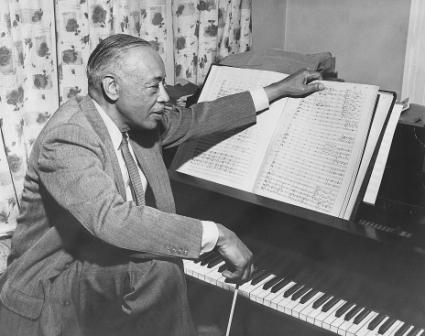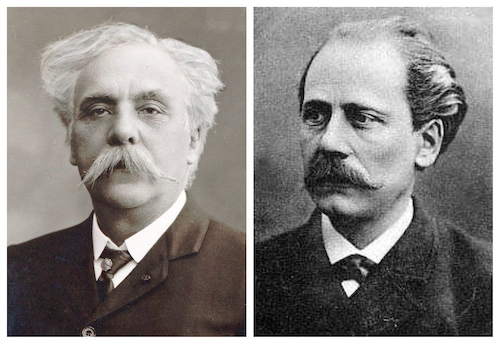by Daniel Hathaway
On Saturday at 2 at the Main Cleveland Public Library, Les Délices will perform music composed and published by Charles Ignatius Sancho, a man of letters, merchant, abolitionist, and theater lover who lived from 1729-1780, and made history as the first British man of African descent to vote in a general election.
Saturday evening at 7:30, the Akron Symphony will bring its 70th anniversary season to a close with Mozart’s “Great Mass in c minor.” Written to be performed at the composer’s wedding but never completed, its torso still makes for an impressive work that features magnificent writing for double chorus. Christopher Wilkins conducts at E.J. Thomas Hall.
And on Sunday at 2:30 in Warner Concert Hall, Oberlin Conservatory will celebrate piano professor Peter Takács’ 48 years on the faculty with a concert by alumni from his studio over the past six decades, culminating in the world premiere of Robert Spano’s Benediction for piano four hands, performed by Takács (pictured) and the composer. Click here for livestream.
ANNOUNCEMENTS:
The Canton Symphony has announced details of its 2024-2025 season, the first to be planned and conducted by its new music director, Matthew Jenkins Jaroszewicz. Soloists include British violinist Braimah Kanneh-Mason, pianist Baron Fenwick, concertmaster Konrad Kowal, pianist Reed Tetzloff, and bass-baritone Dashon Burton and soprano Bonnie Frauenthal, who will join the orchestra and chorus to close the season with the Canton premiere of Ralph Vaughan Williams’ A Sea Symphony. More information here.
Les Délices announces an opening for a part-time Box Office & Community Engagement Coordinator for the Cleveland period instrument ensemble. Download the job description here.
WEEKEND ALMANAC:
May 11:

Why? Differing responses by the public and the critics to his 1949 work, Troubled Island, with a libretto begun by Langston Hughes, suggest that racism played a part in the fate of a work that received 22 curtain calls at its premiere by New York City Opera but was panned or ignored by the press. Listen to the entire work, conducted here by Laszlo Halasz, and read the comments, which include notes on the opera.
On the other hand, Still’s works were received with enthusiasm when the composer wasn’t mentioned. Case in point: his “rousing and amiable” Festive Overture, which won first prize among 39 anonymously submitted pieces in a 1944 competition sponsored by the Cincinnati Symphony. Click here to watch a performance by John McLaughlin Williams and the Cleveland Institute of Music Orchestra.
In a nice coincidence, on this date in 1963, University of Miami Opera gave the first performance of Still’s opera Highway 1, U.S.A. (originally titled A Southern Interlude). Click here (part one) and here (part two) to listen to the 2005 premiere recording by the St. Olaf Orchestra and Vocal Essence led by Philip Brunelle.
May 12 — by Jarrett Hoffman:

It can be a good thing for a party when some people already know each other — like Fauré and Massenet, who in their time were both members of the Société Nationale de Musique, which promoted new French music.
Or maybe not such a good thing, depending on their history. After Massenet was passed over for the directorship of the Paris Conservatoire (having apparently insisted on being given a lifetime appointment), he resigned from his post as professor of composition. His replacement was Fauré. In other words, this could be a bit of an “awkward turtle” situation — or rather, tortue maladroite.
Not to mention the fact that their mutual respect was…questionable. According to one biographer, Fauré considered Massenet’s more popular style of writing (one famous example heard here) to be “based on a generally cynical view of art.” Now that’s cold.
Maybe it’s just me, but all of that doesn’t seem like anything that couldn’t be mended over some ice cream. Speaking of which, let’s make it vanilla — and a few seconds in the microwave to get it a little bit melty. If we’re lucky, we might pay witness to what would surely be two of the most glorious milk mustaches of all time.




